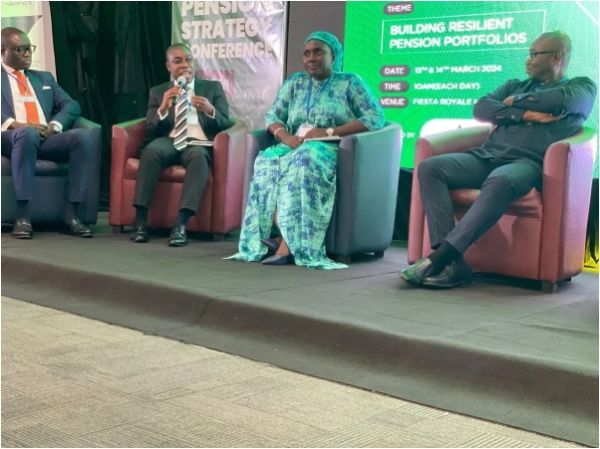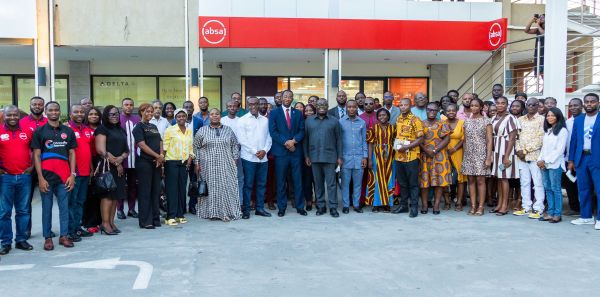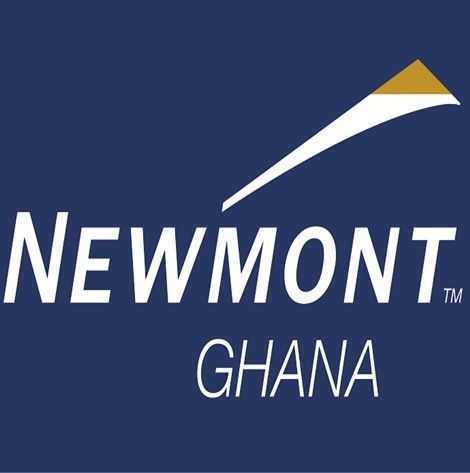
The Managing Director of Stanbic Investment Management Services (SIMS), Mr. Kwabena Boamah, has called for a policy shift in investment regulation that will require minimum allocations for all asset classes.
This, he said, will help in the diversification of investments while creating fairness in assessing the performance of fund managers. Mr. Boamah made this call at the sixth edition of the Pension Strategy Conference held under the theme “Building Resilient Pension Portfolios”.
In addressing the issue of diversifying investment portfolios, Mr. Boamah noted that “It is time we strategically looked at asset allocations in our investments. We have to consider minimum allocations for asset classes which will force allocations into some asset classes like alternatives which have seen much less allocations by fund managers and pension trustees; a 5 percent minimum allocation of pension assets into alternatives.
This will help in not only diversifying our portfolios but will also enable pension schemes support the real sector which includes some critical social interventions in the areas of health, education and economic empowerment. We need to make allocations into other investment options away from the traditional fixed income that we know.”
Mr. Kwabena Boamah also called for the use of AI tools in optimizing portfolio allocation, particularly in pension schemes. He said “In some parts of the world, AI is helping optimize asset allocation. Private equity fund managers are using AI to support research and we need to evolve and catch up with the times and make the work easier and also optimize the benefits for our pension schemes”.
The Pension Strategy Conference is an annual event organized by Axis Pension Trust and brings together stakeholders from across the pension ecosystem in Ghana. T
he objective is to engage in strategic discourse, share best practices and exchange innovative ideas to navigate Ghana’s dynamic investment landscape. Amidst economic uncertainties, this conference serves as a platform for knowledge sharing, providing attendees with access to a wealth of information while facilitating networking opportunities to forge partnerships for pension policy advocacy.










